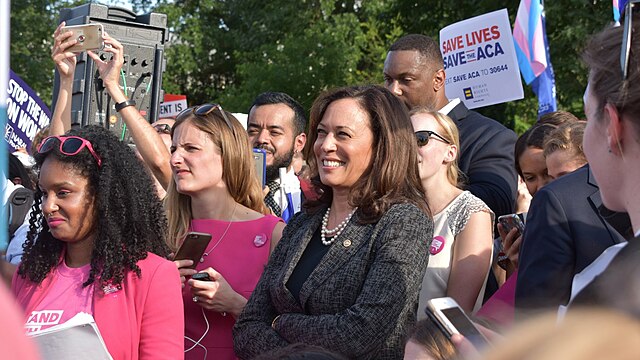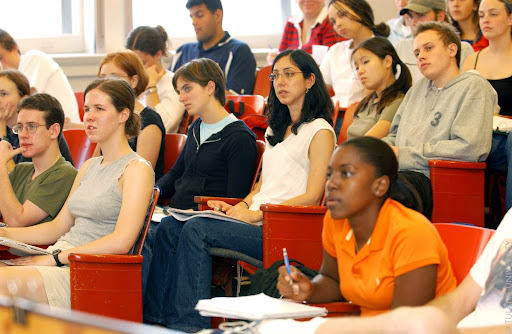If you thought hearing the word “APSA” buzz across campus was a thing of the past, think again.
It is only the beginning.
With forums, multiple drafts and revisions behind us, President and Professor of Political Science Kent Chabotar’s decisions on the Administrative Program and Services Assessment recommendations were finally made public on Jan. 31.
The response from us at The Guilfordian? Pleasant surprise.
We feel lucky to attend a school where the APSA committee and the president listened to the community’s suggestions and concerns and made decisions keeping in mind where our hearts lie.
After all, it reflects the beautiful core values our Quaker institution strives to uphold.
We wish this reflection of core values had been a little more consistent, however.
When the president stated in his memorandum that “(s)ome of the discussion does not bode as well for our future,” it ruffled our feathers.
It just did not align with all that we know and love to be true about Guilford College — a place where transparency in administrative processes should be the norm, a place where open, honest dialogue should not only be tolerated, but encouraged, a place where we should value all voices equally.
With words like “too much panic” and “drama,” it felt like the community’s reactions were belittled in the memorandum. Given that APSA does not just deal with numbers and statistics — that these are, in fact, people’s jobs; that these are, in fact, resources that directly affect the quality of education and life here on our beloved campus — it seems reasonable that the community just wanted to be included in the process. Emotional responses to something you deeply care about should not be labeled as dramatic.
We at The Guilfordian appreciate all of the hard work, dedication and time spent in constructing such a difficult report. We are so grateful we were eventually given the chance to make our voices truly heard. We understand that there is no magical band-aid that will easily and painlessly fix the complex, daunting budget issues in higher education today.
We, along with many other community members, were glad to see that our voices were heard, and that the changes in this final draft held us in the light. We hope that all of this will lead to more open, transparent dialogue amongst administrators, faculty, staff and students in the future.





